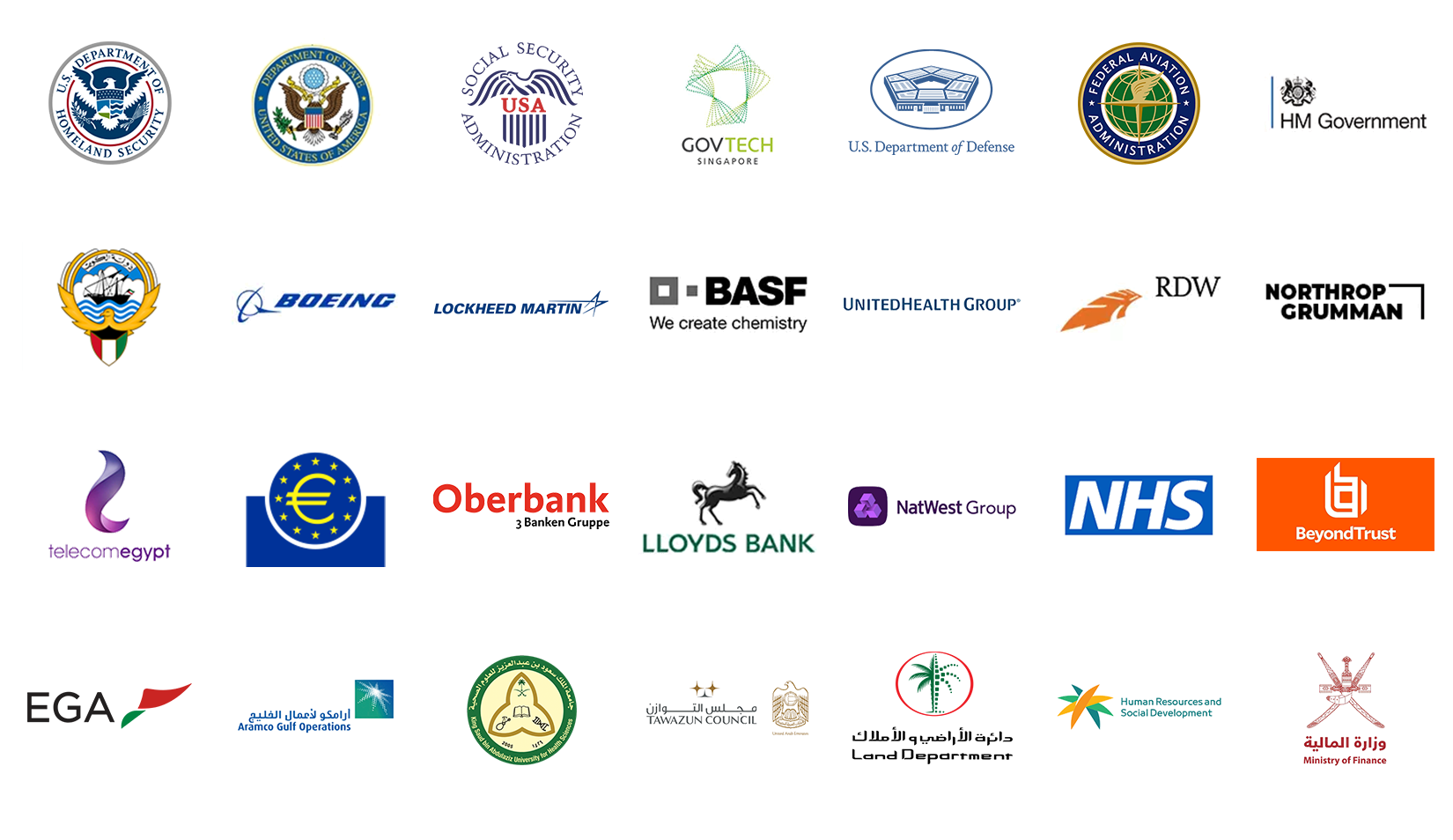SINGLE SIGN ON (SSO)
Single sign-on (SSO) is a
technology that allows users to access multiple applications and websites with
one set of credentials, such as a username and password. SSO simplifies the
login process and enhances the user experience, as well as improves security
and privacy.
KEY CAPABILITIES
Centralized Authentication:
SSO allows users to access multiple applications and websites with a single set of credentials.
Simplified Access Management: IT teams can easily issue and revoke access to applications through the SSO solution.
Improved Security: SSO reduces the risk of password reuse and credential stuffing attacks by enabling the use of multi-factor authentication for multiple applications.
Reduced IT Costs: SSO eliminates the need for IT teams to manage and distribute multiple passwords for different applications, saving the organisation money on password resets and help desk tickets.
Enhanced Productivity: SSO saves end users valuable time and effort by eliminating the need to repeatedly log in and out of different applications.
Enhanced Compliance: SSO can help organisations to comply with various security standards, such as PCI DSS and HIPAA.
How SSO can help within the Enterprise
BENEFITS OF SINGLE SIGN ON
Single sign-on (SSO) is a technology that allows users to
access multiple applications and websites with a single set of credentials.
This can provide a number of benefits to organizations, including:
Trusted by Governments and Enterprises Worldwide
Where protecting systems and information really matters, you will find Intercede. Whether its citizen data, aerospace and defense systems, high-value financial transactions, intellectual property or air traffic control, we are proud that many leading organizations around the world choose Intercede solutions to protect themselves against data breach, comply with regulations and ensure business continuity.


